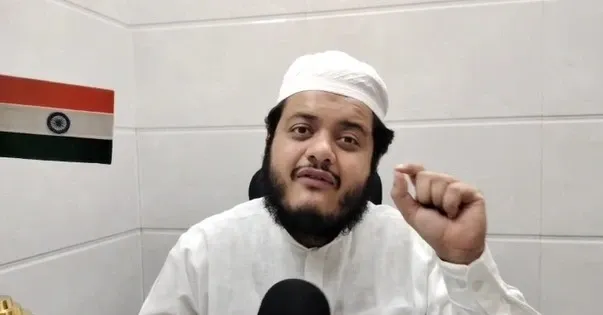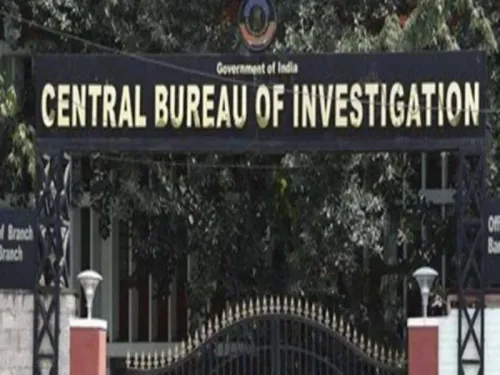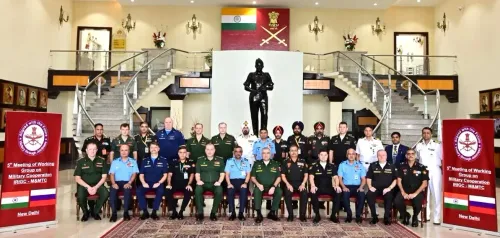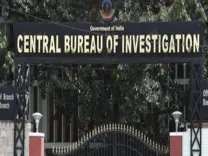Should Congress Issue an Apology? Jamiat Ulama-i-Hind Reacts to Bombay HC's Acquittal in 2006 Mumbai Train Bombing

Synopsis
Key Takeaways
- Bombay High Court acquitted all 12 men in the 2006 Mumbai train blasts case.
- Jamiat Ulama-i-Hind demands a public apology from the Congress-led government for wrongful incarceration.
- The verdict reflects systemic failures in justice and accountability.
- The ruling has restored faith in the judicial process for the acquitted families.
- Political reflection is necessary to prevent future injustices.
Mumbai, July 22 (NationPress) Following the Bombay High Court's significant ruling that acquitted all 12 individuals previously found guilty in the 2006 Mumbai train bombings, Jamiat Ulama-i-Hind has called for a public apology from the Congress-led administration at that time, citing its unconstitutional actions that led to the unjust imprisonment and anguish of innocent Muslim individuals.
“The Congress government of that era must step forward and apologize to the Muslim community,” stated Maulana Syed Kaab Rashidi, the legal advisor for Jamiat Ulama-i-Hind, in an interview with IANS.
“Due to their misguided policies, 12 Muslims faced unimaginable suffering, torture, and injustice for nearly two decades. Their families were shattered, and their lives were irreparably altered. This situation represents not only a legal failure but also a moral and constitutional breakdown.”
Rashidi described the ruling as a “historic moment for independent India,” but emphasized that true justice can only be realized when those accountable for the wrongful accusations are brought to justice.
“In 2006, when the bombings occurred, a particular community was unfairly targeted,” Rashidi remarked.
“Muslims were wrongfully labeled as terrorists without any definitive proof. Today, the High Court has dismantled the prosecution’s assertions, exonerating them with dignity. However, unless the officials who concocted the evidence and abused their authority are penalized, this justice remains incomplete.”
Rashidi noted that the persistent legal battle, spearheaded by Jamiat Ulama-i-Hind's national president Maulana Mahmood Asad Madani, played a crucial role in achieving the acquittals.
“This victory signifies truth and resilience,” he remarked.
“Yet, we demand accountability. Those who were in power at that time – both state and central authorities – must recognize their failure and apologize.”
Rashidi further asserted that the crackdown in 2006 under the Congress government perpetuated a narrative of criminality surrounding Muslims that continues to resonate today.
“You cannot advocate secularism while imprisoning innocent individuals based solely on their religion. You cannot claim to uphold Gandhi’s principles while disregarding the values he championed.”
He elaborated: “This is not merely a failure of the judiciary or police; it reflects a systemic breakdown of institutions and political ethics. The Congress held power both at the national level and in Maharashtra until 2014. What actions did they take during that period? Their investigative bodies fabricated charges and incarcerated individuals unrelated to terrorism. An apology is the least they can offer.”
He urged all political factions, regardless of their current alignments, to view this case as a lesson.
“Justice transcends electoral gains. It embodies truth, accountability, and humanity. We cannot envision a prosperous India if our justice system is manipulated for political gain.”
Maulana Haleem Ullah Qasmi, president of Jamiat Ulama-i-Hind Maharashtra, acknowledged that the verdict had helped to restore some faith in the Indian justice system.
“This ruling has revitalized the lives of the acquitted’s children and families. It has reinforced their belief in the judicial process, despite the delay in justice.”
However, he warned that the struggle may not be over. With the Maharashtra government contesting the acquittal in the Supreme Court, which has agreed to hear the appeal on July 24, Jamiat Ulama-i-Hind might continue to support the men if sought.
“If they request our assistance, we will consult with our legal team and decide accordingly,” Qasmi stated.
“We provided legal support during the lower court trial, and we remain committed to justice.”
The series of bomb blasts occurred on July 11, 2006, when seven explosions transpired across Mumbai’s suburban trains within a span of 11 minutes. Investigators indicated that the bombs, composed of RDX and ammonium nitrate, were concealed in pressure cookers and bags. The attacks were attributed to militants supported by Pakistan.
The Anti-Terrorism Squad (ATS) charged the defendants under the Maharashtra Control of Organised Crime Act (MCOCA) and the Unlawful Activities (Prevention) Act (UAPA). The prosecution relied heavily on confessions, supposed recoveries, and circumstantial evidence—none of which held up under the High Court’s examination.
As the Supreme Court readies to address the Maharashtra government’s appeal on July 24, attention will be focused on whether the acquittals will be upheld or revisited. For Jamiat Ulama-i-Hind, the stakes are not just legal—they are profoundly personal.









